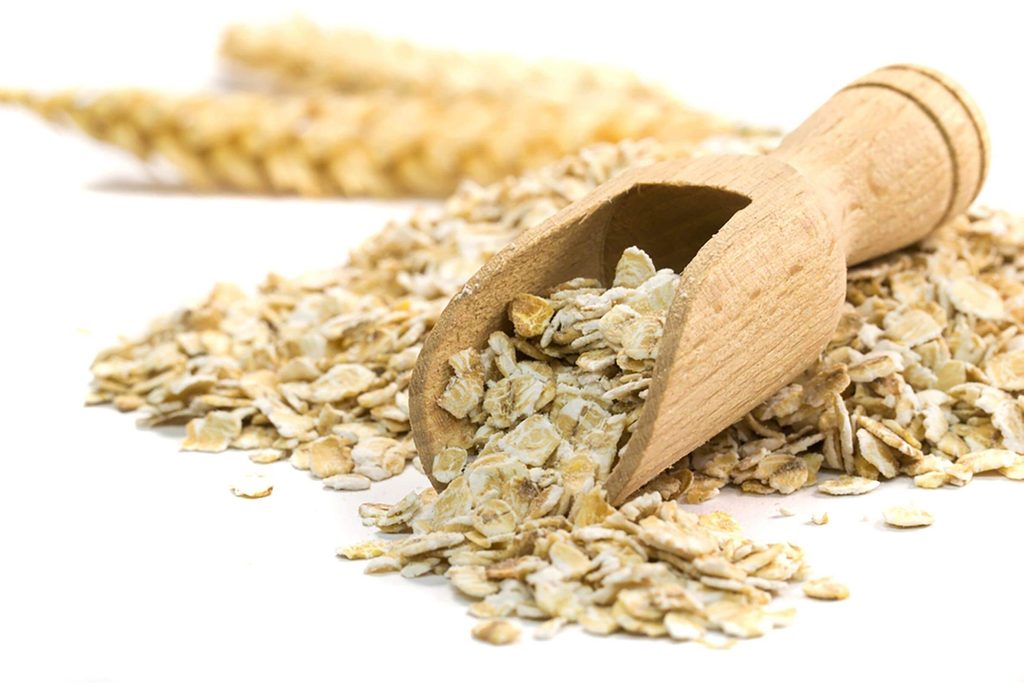Fiber Is Good for Us, but Scientists Haven’t Known Why Until Now
Updated: Jan. 04, 2018
It's a well-known fact that fiber plays a key role in everything from digestive to heart health. And now, we know why it's so crucial.

People that maintain a fiber-rich diet enjoy innumerable health benefits—that’s an empirically-backed fact. Dietary fiber’s largest and most well-known role is as a maintainer of a healthy digestive system, but its benefits extend beyond that. Experts also extol dietary fiber’s ability to bolster heart health, stave off diabetes, and sustain a healthy weight (here’s exactly what happens when you eat more fiber). But up until recently, it was unclear exactly how fiber managed to do all of this.
As reported by the New York Times, scientists may have recently nailed down that aforementioned how. Research published in Cell Host and Microbe shows that a fiber-rich diet helps maintain a healthy gut microbiome, which in turn boosts the immune system. The research consisted of two studies conducted on populations of mice—one group with a high fat, low fiber diet, and one that transitioned from a high fiber to low fiber diet.
In both studies, the mice experienced a widespread weakening of their digestive system, which, in turn, led to a higher rate of bacterial infection. The side effects of the weakened gut microbiome included swollen intestines, colon issues, weight gain, and an unhealthy blood sugar/insulin balance. The trial group of mice on a fiber-rich diet were able to maintain a healthy gut microbiome and were healthier overall—which is great news, since having a healthy gut microbiome is known to lead to a longer life.
Inspired to start eating more fiber, but don’t know where to start? Check out these ways to get more fiber into your diet without really trying.
[Source: The New York Times]